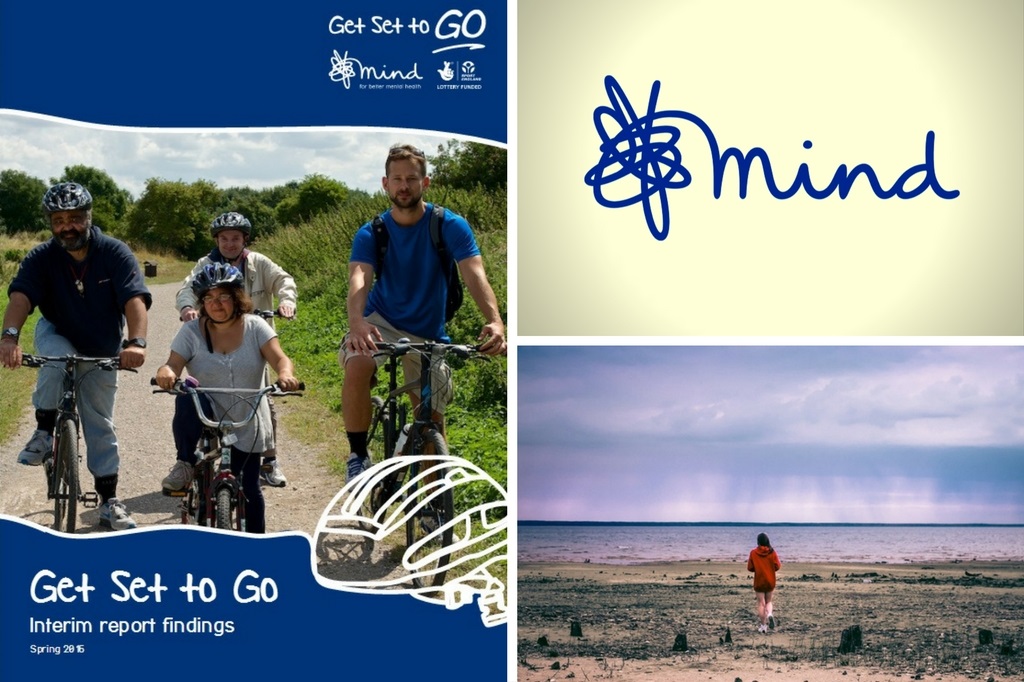Sport ‘boosts self-esteem and improves wellbeing of people with mental health problems’, University of Northampton research finds
Date 30.09.2016
30.09.2016
A campaign by the charity Mind to encourage people with mental health problems to take up sport has made a huge difference to the lives of participants, a study by the University of Northampton has found.
The University of Northampton’s Institute of Health and Wellbeing found that Mind’s Get Set to Go campaign has had a real and positive impact on to the lives of participants since its launch in June 2015.
Get Set to Go – supported by Sport England and the National Lottery – has so far engaged over 1,368 people from eight Mind groups around the country, to take part in a wide range of sports sessions and activities, including walking, football, swimming, gym and fitness based classes, badminton, rambling, boxing and tai chi. Of these, 790 participants (58%) took part in the University of Northampton’s evaluation and share their experiences around taking part.
The participants reported boosted confidence, improved mental and physical health, improved motivation, social support and personal growth.
Dr Florence Kinnafick, Senior Lecturer of Exercise Psychology and the Principal Investigator on the project, said: “We are extremely happy with the progression of the Get Set to Go programme, and the impact it is having on participants’ self-esteem and mental wellbeing. We are all excited for the next phase of the campaign, as it is extended to cover 32 new areas of the country – with the ambition of helping 75,000 people in total over the next three years.”
One participant commented: “The support and encouragement provided to help me back into exercise has been invaluable. I feel so much more hopeful and much better in myself.”
Another participant has found that Get Set to Go has really boosted their confidence. “I’ve always loved football but never had the confidence to join a team. I went along to the training session full of anxiety, but it was fantastic. They made me welcome and encouraged me, even though I was extremely unfit and not much cop. I’ve lost weight and got fitter, and even score my first ever goal, 25 years after getting left out of the school team. My proudest possessions are now my football boots and the medal’s I’ve won. I can’t begin to explain how this has helped my confidence and self-esteem.”
The research is also paying dividends for one of the University of Northampton’s research students; Lorna Tweed, who is undertaking her PhD, has been funded by Mind to focus on the impact of peer support within the Get Set to Go programme. As well as the evaluation questionnaires and objective measures of physical activity, the team are using focus groups, mood diaries and conducting phone interviews to gather the information
To find out more about Institute of Health and Wellbeing’s work, visit their website. The full interim report from Mind is online here. The University of Northampton evaluation team consists of: Florence Kinnafick, Principal Investigator; Nathan Smith, Co-Investigator; Paul Appleton, University of Birmingham, Co-Investigator; Lorna Tweed, PhD student; and Katie Jones, project manager.